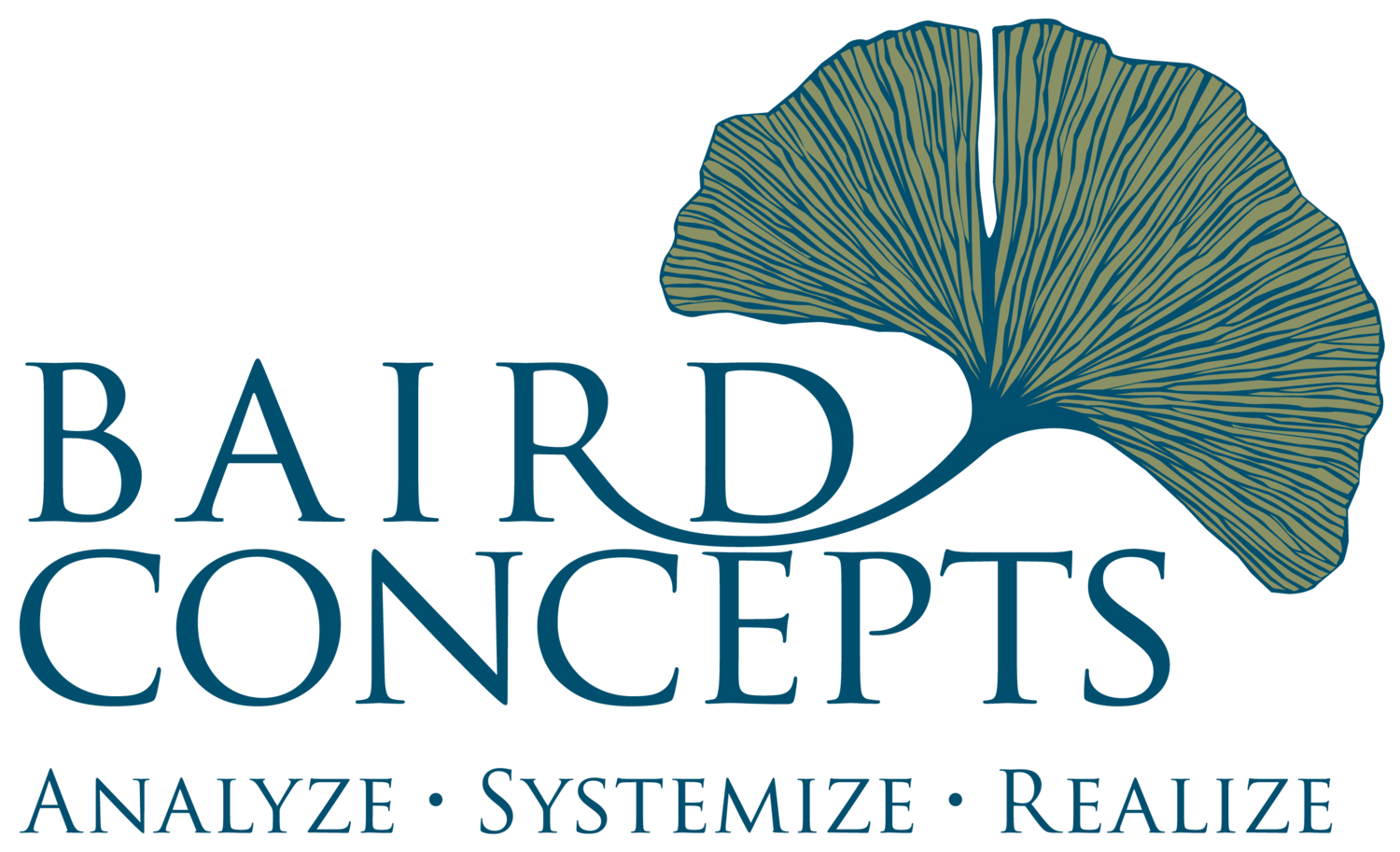Dental Leadership Baseball: Will Your Team Strike-Out or Get on Base?
Look, the game is starting! The pitcher is winding up. It’s a classic fastball speeding toward one of your players. Who is the pitcher? It’s “Mr. I’m Important,” who is one of your patients that is constantly on an impossibly tight schedule. STRIKE 1… STRIKE 2… STRIKE 3… YOU’RE OUT!! What? How could your player be out? You carefully vetted your team players before hiring, you explained to them the ultimate goal of your game, outlined the rules of your game, and supplied your expectations. Where did you do wrong?
For those of you who haven’t been following this year’s leadership blog series, let me take a moment to bring you up to speed. We are currently playing Dental Leadership Baseball. At the beginning of the year, we started by discussing a proven and effective hiring system for recruiting your team members. Then we discussed the critical importance of providing your team members with: a common team goal (your mission statement); an outline of the rules of your game (your Team Commitments); and a general outline of your expectations (your Employee Handbook). You hired the appropriate assistant coaches to fill in critical knowledge gaps necessary for long-term success: an accountant, practice management coach, attorney, IT, wealth management expert, and thought you were ready to go. But then, a major strike-out. What did you miss? Simply put, your training program was insufficient.
Employee Training
When you hired your team, you assumed your new employees had adequate communication, customer service, and operational skills. They had worked in other practices before yours, right? Or maybe you had them shadow their position for a day or two. No training, just observing; and you think that they will catch on. They will catch on, all right, to the shortcuts, workarounds, poor communication scripts, biases towards other team members, time to ignore what you say, and “things you don’t really have to do.” Or maybe you just threw them into the deep-end and hoped they could figure out how to swim.
Inadequate training is the number one reason employees disappoint you. As uncomfortable or surprising as this sounds, you, their leader, are often the reason for their poor performance. Your job is to inspire a high level of performance, engagement, success, and happiness. If you don’t provide the tools needed to accomplish these outcomes, your employees will not thrive, remain, or respect you. And how could they? They don’t know what job success looks like in your eyes; they can’t read minds. No matter how many dental practices they have worked in; these skills are different for each practice. If your mindset is ‘what works for that office will work for me,’ then you’ll be faced with disappointment. Ask yourself instead: why did they leave that practice? You are rarely told the absolute truth of the reason.
Work Culture
More importantly, ask yourself how your practice can possibly stand out from the competition. Are your operating systems, customer service, and communications just like everyone else’s (i.e., mediocre)?
This last question brings up a critical point that every dental leader needs to know, understand, and act upon. In the eyes of your patients, dentistry is a commodity, just like soybeans. You all graduated dental school and passed state boards. Each dentist was taught essentially the same skills. Why, then, would any person choose your practice over the one down the street?
Work Culture is the answer. A dental practice’s single most important competitive advantage is its work culture. Below are a few questions you should ask yourself about your practice’s work culture:
Do you have team meetings every month without fail?
Do you dedicate time to brainstorm with and receive feedback from your team members?
Is your conflict resolution process covered in your Employee Handbook? Is it followed?
How would you describe “organizational politics” in your practice?
How do you develop and motivate your employees?
When was the last time you provided training on communication and customer service?
These are the things that are critical to your practice’s success. Employees rarely arrive with skills that meet your expectations. Your job as a leader is to provide them with customized operating systems and communication skills based on best practices and designed to exceed your patients’ expectations. These tools and this training are what will set you apart from other practices. This is the reason a patient would choose your practice and not the one down the street.
Of course, you don’t have the time, expertise, or energy to do this. Your time and energy need to be spent doing dentistry to assure the financial health of your practice and lifestyle. That is why you hired assistant coaches to perform services for which you lack knowledge, time, or energy to do. This is what smart, progressive, and forward-thinking dental leaders do in order to do more than just survive but thrive in the 21st century dental economy. Modern-day dental leaders know by outsourcing (or in-sourcing) certain services performed by assistant coaches, their time can be spent more productively (i.e., generating income) by focusing on their core strengths.
Now, back to the current game. You have one out and your second batter is up. The pitcher is winding up. What type of pitch can your team player expect this time? Wooooah, tricky, it’s a curveball!! CRACK… It is a hit! Your player starts running towards first base. On the way, they are systematically trained on your operating systems, patient-oriented communication, customer service, mission statement, team commitments, job descriptions, and employee handbook. Time is allowed for discussion, questions, and clarification. The run to first base is the critical period when your player should transform into a self-managed team player, rather than remain a self-serving employee. This is the moment when they are taught how to succeed – and thrive - in their role at your practice. Will your team player make it to first base? You will have to join us to find out. Until next time...


